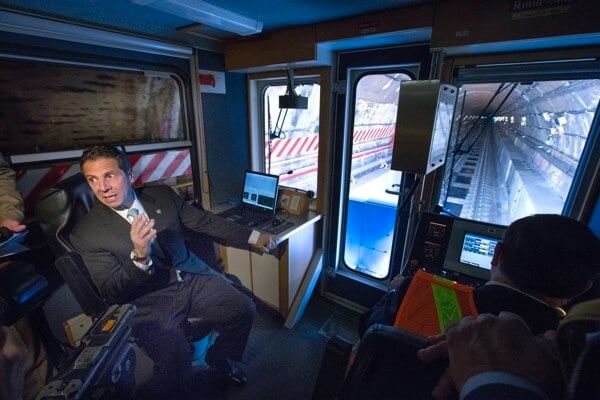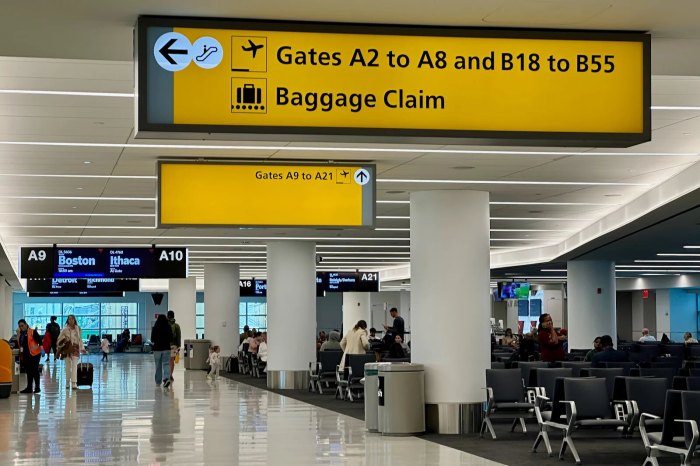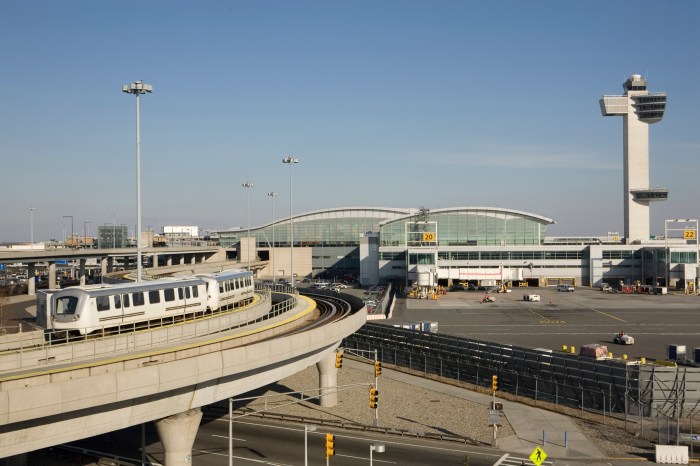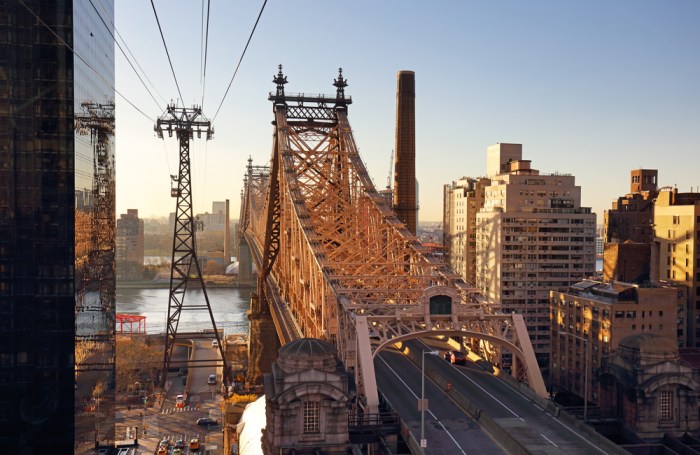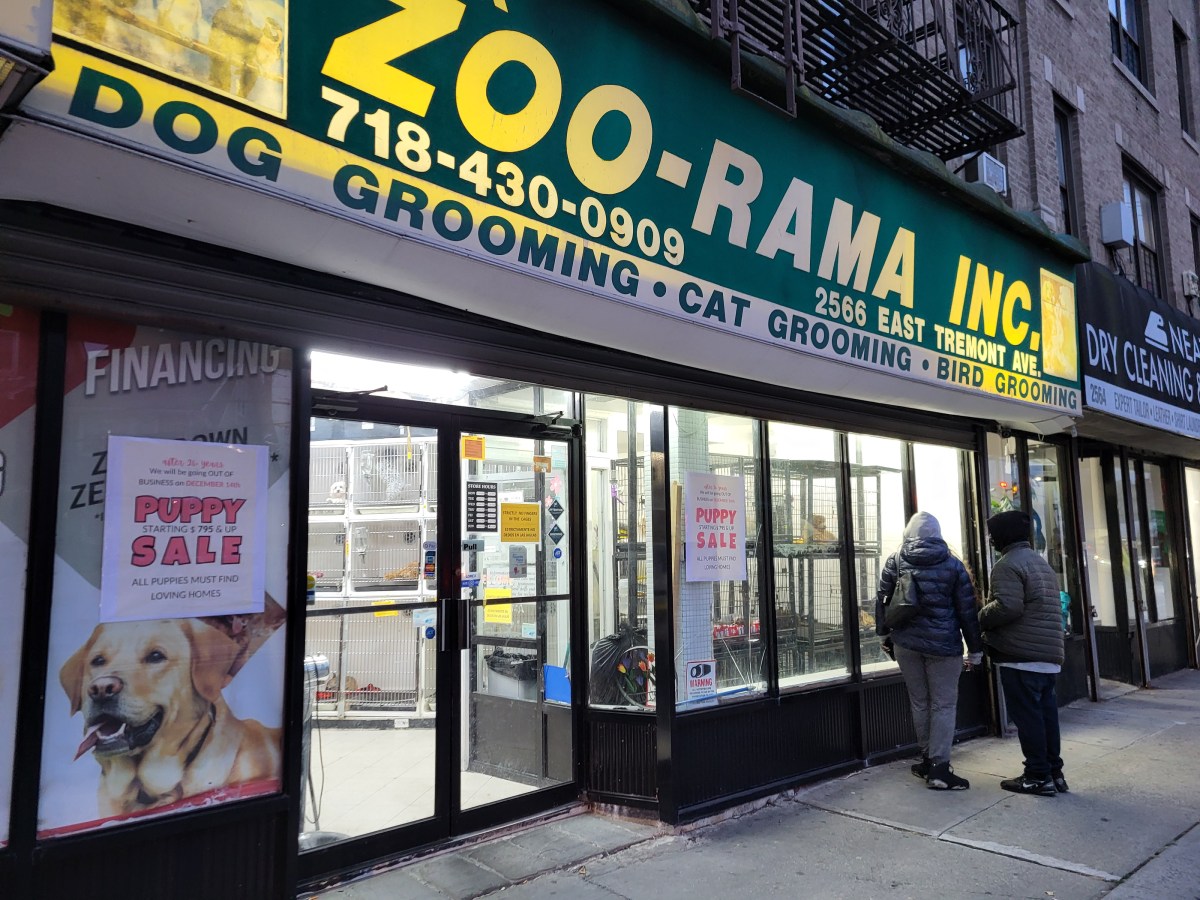By Mark Hallum
Gov. Andrew Cuomo is assembling an advisory board of transit experts, politicians and private sector leaders known as “Fix NYC” to help implement congestion pricing and create a dedicated revenue stream for the MTA.
Cuomo announced in August that “congestion pricing is an idea whose time has come,” sparking an outcry from elected officials in Queens whose constituents often rely on their cars to reach Manhattan for work. Former Mayor Michael Bloomberg had proposed congestion pricing in his administration, but it was widely criticized and eventually died in the state Assembly.
“New York City is home to some of the most gridlocked streets in the nation and with this new advisory panel, we take a major step forward in coming up with a real solution to tackle the issue of congestion while helping to fund mass transit moving forward,” Cuomo said. “I look forward to hearing the panel’s proposals to help bring relief to millions of New Yorkers and visitors who drive on our streets and rely on mass transit every day.”
The Fix NYC consists of 16 individuals, including Tom Prendergast, former MTA chairman; Freddy Ferrer, former Bronx borough president and vice chairman of the MTA board of directors; former Gov. David Paterson; Steve Bellone, Suffolk County executive; and James Molinaro, former borough president of Staten Island. Queens has little to no official representation on the board despite having the lowest amount of public transportation and a large number of residents who tend to drive.
Borough President Melinda Katz and other elected officials have argued that congestion pricing would most negatively effect Queens, cutting it off from the more affluent borough of Manhattan.
John Raskin of the Riders Alliance, an organization which advocates for better public transit, praised Cuomo’s plan to assemble an advisory board and claimed congestion pricing was a sound solution to the MTA’s woes.
“Gov. Cuomo is 100 percent right that the MTA needs new funds to modernize the transit system and address the ongoing crisis of crowding, breakdowns and delays,” Raskin wrote in a statement. “Congestion pricing is a fair and sustainable revenue source that could generate billions of dollars to fix transit while also alleviating traffic and boosting the region’s economy. If Gov. Cuomo leads with a strong congestion pricing plan that generates billions of dollars for public transit, he will have the support of millions of frustrated subway and bus riders who are desperate for relief.”
The MTA is looking to make improvements to public transportation starting with the E train. The state agency announced it would implement part of MTA Chair Joseph Lhota’s short-term plan to stabilize the subway by removing some seats at the end of cars to allow more people to ride.
“Providing a safe and reliable ride is what our customers demand and what the MTA is determined to deliver through our Subway Action Plan. We do not have time to waste when it comes to improving the customer experience and service for our riders,” said Joseph Lhota, MTA Chairman. “This pilot goes directly to the heart of that goal by attacking a significant cause of failures on these cars and making a fast, targeted improvement. We also know that getting more passengers onto trains, in a more efficient manner, is absolutely essential – which is why we’re piloting the removal of a select number of seats.
Refurbished train cars are to have a better breaking and acceleration system, blamed for many of the breakdowns which occur on the tracks, and with handlebars to replace seats, trains can hold from 80 to 100 more passengers.
This is just a pilot program for now, and riders will be able to recognize trains with these “improvements” by an exterior wrap.
Reach reporter Mark Hallum by e-mail at mhall

